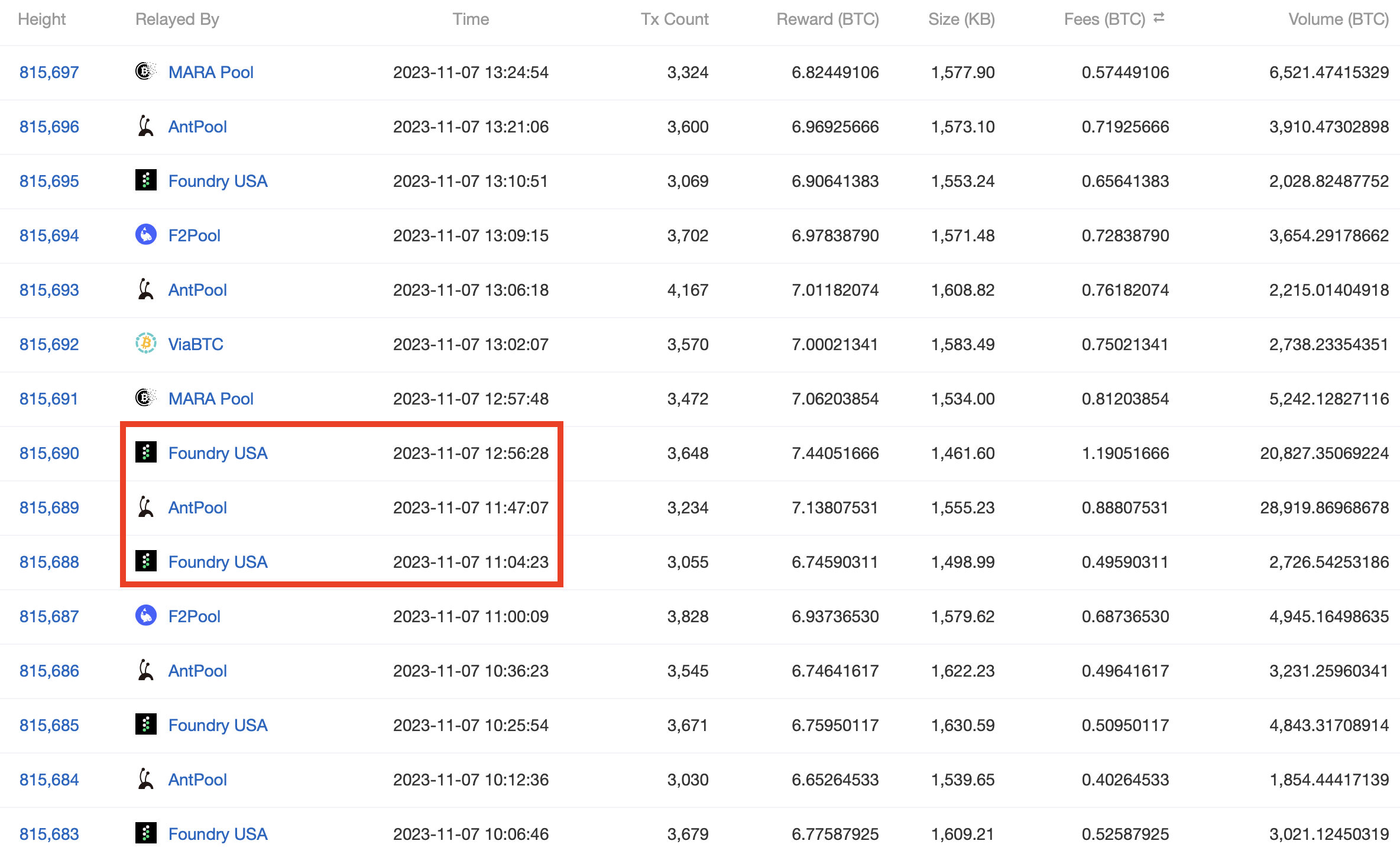From time to time, the Bitcoin (BTC) network experiences congestion and as a result, the transaction fees increase. Today, the network of BTC, which is a major cryptocurrency in terms of market value, stopped for the 5th time in its history, and there was no block production on the network for approximately 1 hour.
Bitcoin Network Stops for About 1 Hour
The Bitcoin network, where network congestions can occur, once again faced a network congestion problem today and stopped. According to the data provided by Colin Wu, a Chinese blockchain and cryptocurrency journalist (WuBlockchain), and BTC.com, block production could not be achieved on the Bitcoin network from 11:47 AM to 12:56 PM today for approximately 1 hour. After the approximately 1-hour interruption, block production resumed.

The Bitcoin network last stopped for approximately 1 hour twice in May of this year and twice for approximately 2 hours in 2021. The network congestion in May affected the cryptocurrency exchange giant Binance and forced the exchange to temporarily suspend BTC withdrawals for its users. The increasing popularity of Inscription and BRC-20 was cited as the reason for the network congestion at that time.
What is Block Production?
In a blockchain, block production refers to a technological process used to store and securely verify the transaction history on the blockchain. The blockchain groups transactions into blocks and creates a chain sequentially. Each block represents a series of transactions that have been verified and confirmed.
Block production is a critical process for many blockchain networks. For example, Bitcoin’s blockchain requires the production of new blocks within a certain period of time. This process is called mining, and participants (miners) must solve complex mathematical problems to produce a new block. If the first miner solves these problems, the new block is added to the blockchain and the transactions in this block are confirmed. The miner is rewarded at the end of this process, resulting in the production of new cryptocurrency.
Furthermore, blockchain networks perform block production using different consensus mechanisms. For example, Ethereum (ETH) produces blocks using different consensus mechanisms such as Proof of Stake (PoS). In general, block production ensures that the blockchain operates securely and continuously, preserving the integrity of the network.